Belief in the existence of cannibalism just beyond the borders of one´s own culture is a time-honored, universally accepted notion. In advanced societies, man-eaters are presumed to inhabit mysterious lands on the fringes of civilization. Among primitive peoples, cannibals are said to reside over the next mountain or farther along the river.
The author of this provocative book has meticulously viewed the evidence from all fields on the world´s classic man-eaters, from the 16th-century Aztec to contemporary African and New Guinean cultures. He comes to a conclusion certain to cause shock waves in anthropological circles: despite the massive literature alluding to cannibalism, the author finds that there is no satisfactory first-hand account of this act as a socially approved custom in any part of the world.
Arens points out that in every report of cannibalism as a cultural phenomenon, the information is second or third hand. Oddly enough, every scientist or observer states that the practice stopped a few years before his arrival in a particular country. Why, then, have they been so ready to accept the act of cannibalism as a proven reality? Why is the conviction that “others” are man-eaters so persistent and widespread? Arens answers these and other puzzling questions to solve one of the great mysteries of human behavior.
The Man-Eating Myth includes a complete survey of the facts, folktales, and myths surrounding cannibalism, including even those from our own culture. Aren´s conclusions will fascinate the layman while they challenge anthropologists and scholars. Anthropologist Ashley Montagu calls this fascinating study “a splendid book… It makes excellent reading and should cause not a little fluttering in academic dovecotes…
There´s a good deal more than cannibalism here, and it says some long overdue things about the credulity and self-fulfilling prophetic methods of some anthropologists.”
W. Arens is Associate Professor of Anthropology, State University of New York at Stony Brook.
(Paberkaaned on kulunud)
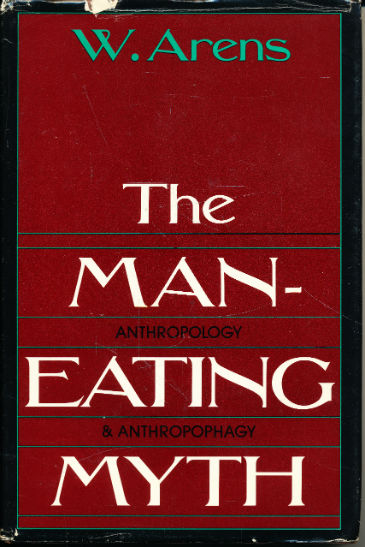





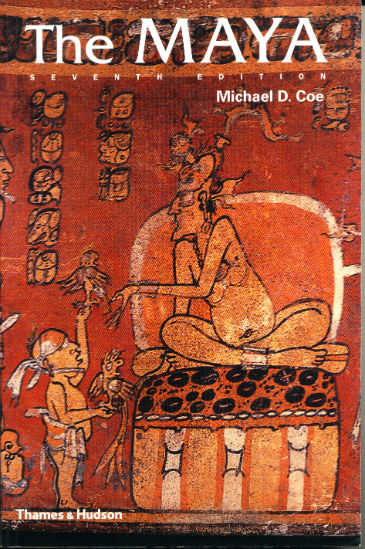

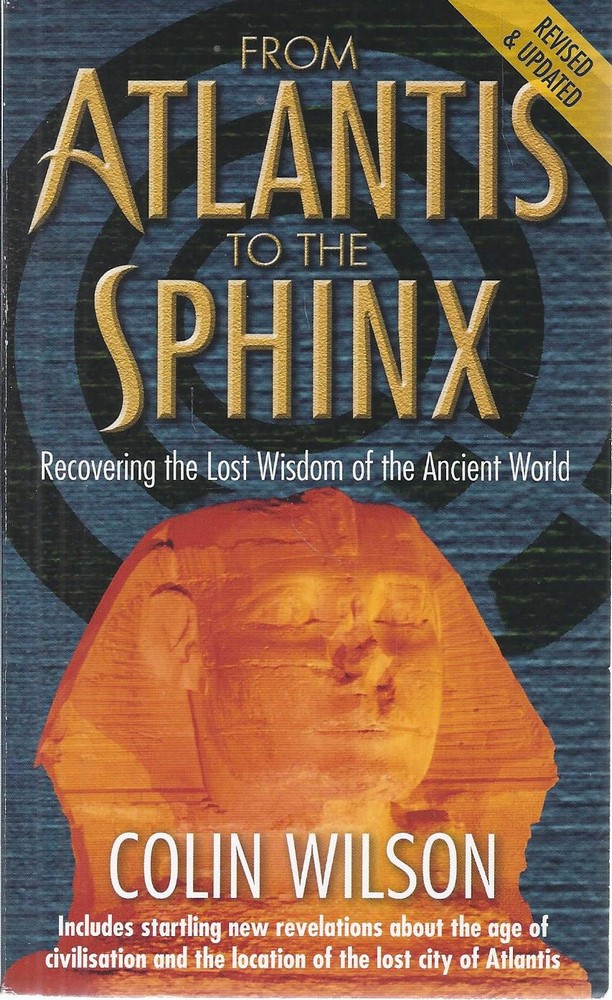
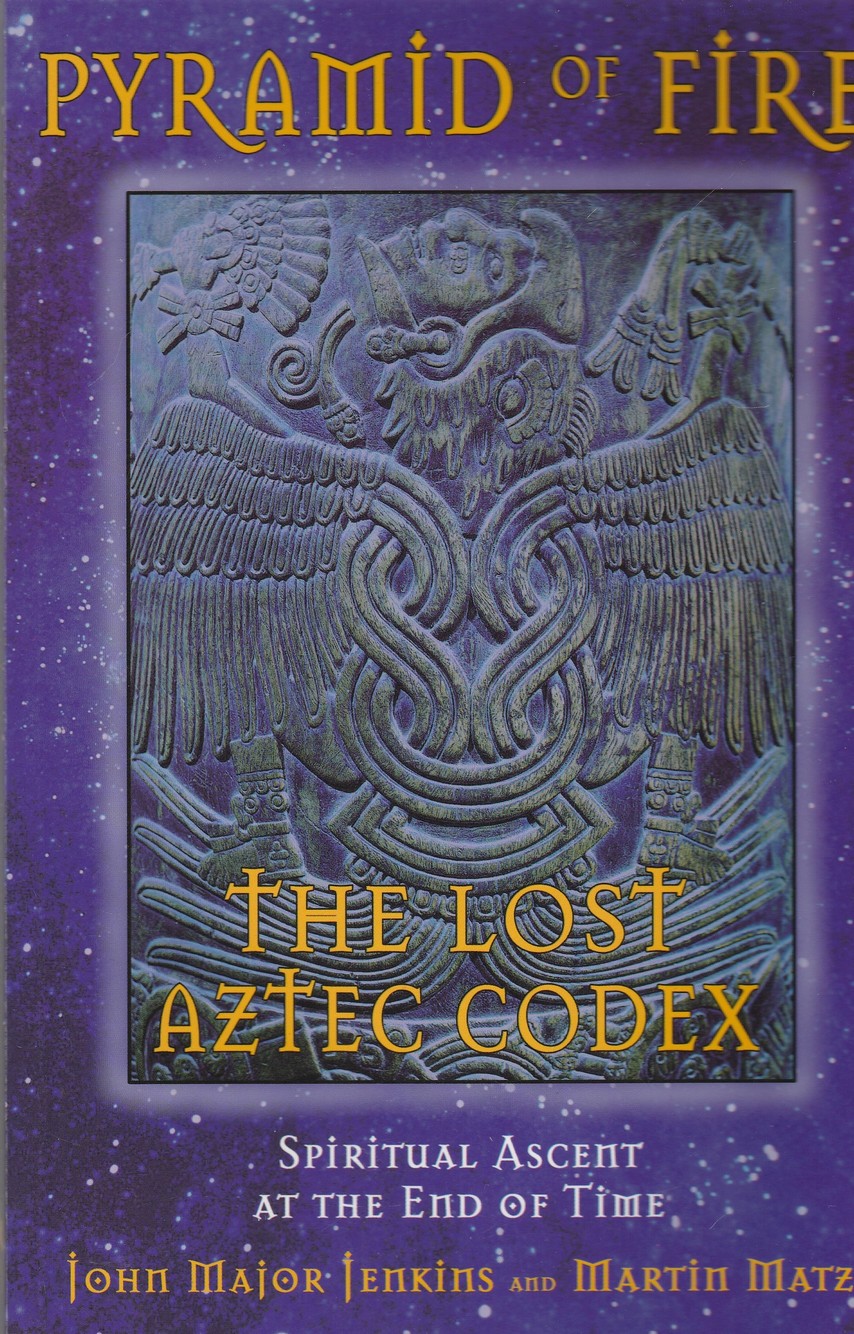





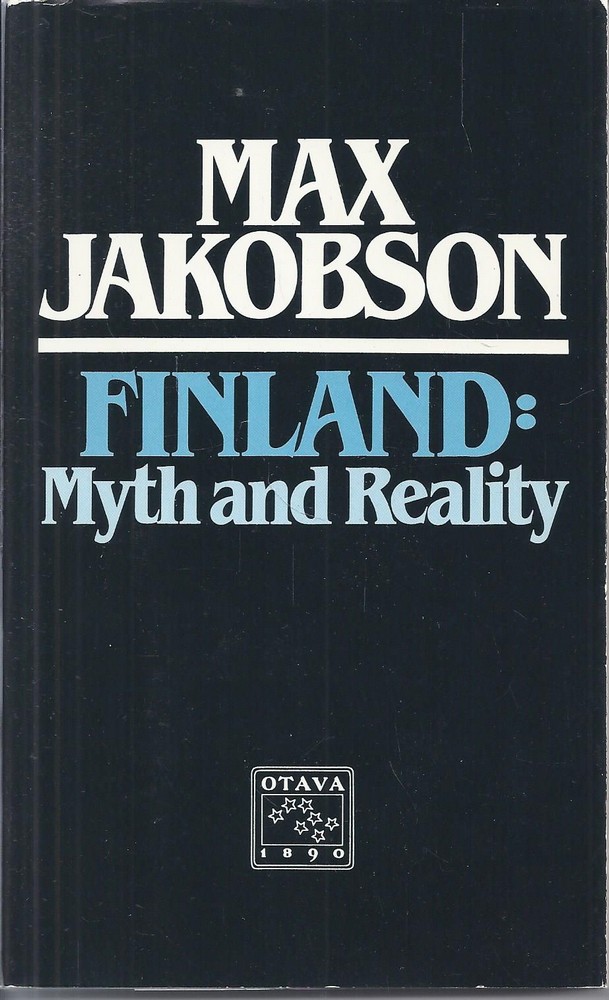






Ülevaated
Pole ühtegi ülevaadet.